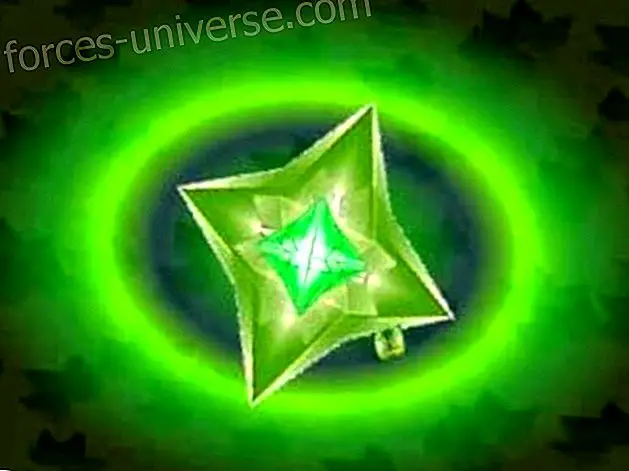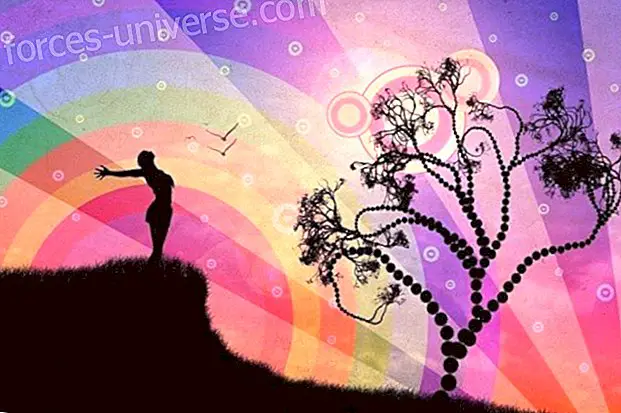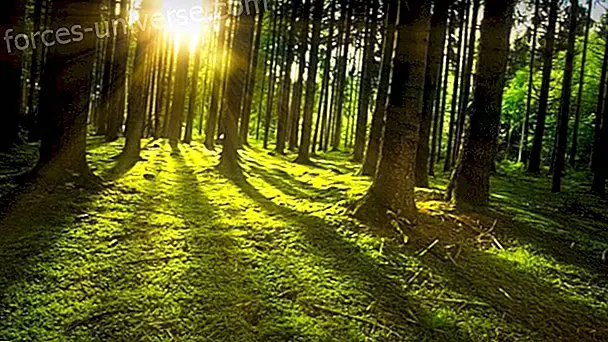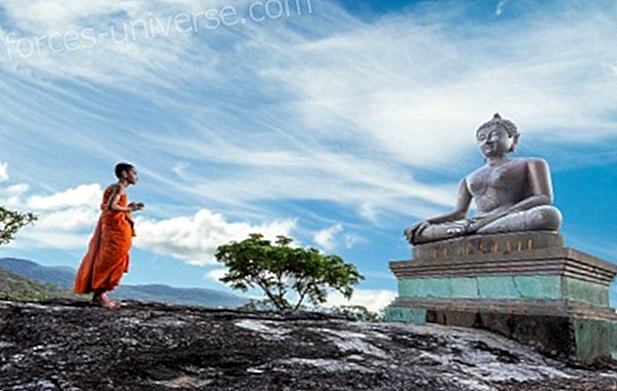
There is an old Christian phrase: " Crux medicine mundi " ("the cross is the medicine of the world"), a remarkable phrase that suggests that religion is a medicine rather than a diet. The difference lies, of course, in that medicine is something that is occasionally taken, such as penicillin, while a diet is a regular meal. Perhaps this analogy cannot be developed too much, since there are medicines, such as insulin, that some people should take regularly. But there is a point in the analogy, a point expressed in another Latin phrase that is not Christian, since its author was Lucretius: « Tantum religio potuit suadere malorum ». ("Too much religion can stimulate evil.") I am not thinking of the exploitation of the poor by corrupt clergy, nor of the ominous influence of blind fervor and fanaticism. Rather I think of the ancient Buddhist metaphor that compares the doctrine with a raft to cross the river. When you have reached the other shore, you do not carry the raft on your back, but leave it behind you.
Here is something that can be applied not only to the small number of people that could be said to have reached the other shore, but to most of us.
Developing the metaphor a bit: if you are going to cross the river, you must hurry, since if you entertain yourself on the raft, the current may drag you down the river, towards the ocean, and then you will be trapped in the raft forever. And it is so easy to get caught in the raft, in religion, in psychotherapy, in philosophy.
Using another Buddhist simile: the doctrine is like a finger pointing to the moon, and one must be careful not to confuse the finger with the moon. I fear that too many of us, to comfort ourselves, we suck on the pointing finger of religion, instead of seeing where it points.
In my opinion, the finger of religion points towards something that is not religious. Religion, with all its apparatus of ideas and practices, is an indicator as a whole, and does not point to itself. Nor does it point to God, since the notion of God is part of religion. It could be said that religion points to its reality, except that this simply provides a philosophical notion instead of a religious one. And I can think of a dozen other substitutes for God or reality. I could say that it points to our authentic self, the eternal now, the nonverbal world, the infinite and ineffable, but, in reality, none of it is helpful. It is just placing one finger instead. When Joshu asked his teacher Nansen: « What is the Tao, the Way? », Nansen replied:« Your daily mind is the Tao ».
But this does not help too much, since as soon as I try to understand what my daily mind means, and try to capture it, I am actually sucking another finger. But why does this difficulty arise? If in fact someone points the moon with their finger, I simply turn and look at the moon. But what towards which those religious and philosophical fingers point seems to be invisible, that is, when I turn to look at it I see nothing, and I have to turn to the finger to see if I have understood the direction correctly. And once sure, I discover again and again that I have not been wrong, but I still can't see what he points out. All this is also equally exasperating for the person he is pointing out, since he wants to show me something so obvious to her that one might think that even a fool could see it. You should feel like any of us would feel if you tried to explain to a child that zero plus zero is zero and not two, or some other small fact of great simplicity. And there is still something more exasperating.
I am sure that possibly many of you, for a moment, have seen fleetingly what the finger pointed out, a fleeting vision in which you participated in the astonishment of the indicator, astonishment that you had never experienced before, and you have glimpsed it so clearly that you were convinced that you would never forget it ... and then you have lost it. After this, you may feel a tormenting nostalgia that persists for years. How to find again the way to the door of the wall that seems to have disappeared, return to the bend that led to paradise, which was not on the map, and that you have surely seen right there? But now there is nothing. It's like trying to find someone you have fallen in love with at first sight, and lose it; and return to the meeting place again and again, trying in vain to discover his whereabouts.
Although I have presented it awkwardly and inappropriately, this ephemeral vision is the perception that suddenly bursts into an ordinary moment of your ordinary life, lived by you in the most ordinary way, just as she is and as you are; It is the perception, as I said, that this immediate here and now is perfect and self-sufficient, beyond any possible description. You know that there is nothing to be desired or to be sought, that there is no need for any technique, or for the spiritual apparatus of beliefs, or for discipline, or for any kind of philosophy or religion. The goal is here. It is this present experience, as it is. This, evidently, was what the finger pointed out. But the next moment, when you look again, you live a more ordinary moment than ever, even if your finger keeps pointing the same. However, this so irritatingly elusive quality of the vision to which the finger points has a very simple explanation, an explanation that has to do with what I said at the beginning about the fact of leaving the raft after crossing the river, and about Consider religion as a medicine and not as a diet. To understand this point, we must consider the raft as a representation of the ideas, words or other symbols through which a religion or philosophy expresses itself, through which it points towards the moon of reality.
As soon as you have understood the words in their plain and simple sense, you have used the raft. You have already reached the other side of the river. Now we only have to do what the words express, leave the raft and move towards the mainland. And to do so, it is necessary to leave the raft. In other words, at this stage, you cannot think about religion and practice at the same time. To see the moon you must forget the finger that points to it, and simply look towards the moon.
Hence the great Eastern philosophies begin with the practice of concentration, that is, to fix the gaze. It's like saying: « If you want to know what reality is, you must look at it directly and discover it for yourself. But this requires a certain degree of concentration, since reality is not symbols, or words and thoughts, or reflections and fantasies. So, to be able to see it clearly, your mind must be free of wandering words and fantasies floating in memory .
To this we would surely answer: " Very well, but it is easier said than done ." There always seems to be some difficulty in taking the words into action, and this difficulty seems to be peculiarly serious when it affects the so-called spiritual life. When we have to face this problem, we go back and start to escape with a series of discussions about methods and techniques, and other types of concentration assistance. But it should be easy to realize that all this only indicates a lack of decision and a desire to postpone the matter. You cannot at the same time concentrate and think that you concentrate. Expressed in this way it seems stupid, but the only way to concentrate is to concentrate. Actually, when we do, the idea of what is being done disappears, which is the same as saying that religion disappears when it becomes real and effective.
However, most of the discussions about the difficulty of the action or the difficulty of the concentration make no sense at all. If we are sitting together to eat, and I tell you: Please, bring me the salt, you just do it, without the slightest problem. Do not stop to think if the method is correct. Don't worry, wondering how, once you have the salt shaker, you will be able to concentrate enough to get me to the other end of the table. There is no difference between this and concentrating the mind's attention to see the nature of reality. If you can concentrate your mind for two seconds, you can do it for two minutes, and if you can do it for two minutes, you can do it for two hours. Naturally, if you want to make it very difficult, you can start thinking about measuring time. Instead of concentrating, you start to think if you are really concentrating, how long have you been concentrating, and how long can you continue like this. All this is totally useless. Concentrate for a second. If after this time your mind has become distracted, concentrate for a second more, and then another. No one has to concentrate more than a second, this second. That's why it makes no sense to measure time, to compete with yourself and worry about your progress and your success in art. It is simply the old story of making work difficult as you move forward step by step.
Perhaps there is another difficulty, that in that state of concentration, of clear and firm attention, the self disappears, that is, that one is not self-aware. For what is called the self is nothing more than a construction of words and memories, of fantasies that have no life of their own in immediate reality. The blockage or obstacle that so many of us experience between words and action, between the symbol and reality is, in fact, like wanting to have a cake and want to eat it at the same time. We want to enjoy, but at the same time we fear that if we forget ourselves we will not enjoy, that we will not be present to enjoy it. Hence, self-awareness is a constant inhibition of creative action, a kind of chronic frustration; That is why civilizations that suffer from an overdose of it become crazy to bind, and invent atomic bombs to blow themselves up. Self-awareness is an obstruction, because it is like interrupting a song after each note to hear the echo, and then feeling irritated because the rhythm has been lost.
As revealed in our proverb: " He who waits, despairs ." Since if you try to observe your mind while concentrating, it will not concentrate. And if, once concentrated, you want to perceive how some perception arises from reality, the concentration is interrupted. Therefore, authentic concentration is rather a curious, apparently, paradoxical state, since in it there is, at the same time, the highest degree of consciousness and the minimum experimentation of the ego, which, in a way, denies the systems Western psychology that identify the conscious principle with the ego. In the same way, mental activity or efficiency reach its highest point, and mental intentionality reaches the lowest, since it is not possible to concentrate and simultaneously expect to obtain a concentration result.
The only way to enter this state is to do it quickly, without delay or hesitation, to do it simply. So I have a habit of avoiding talking about the different kinds of oriental meditation techniques, such as yoga, because I am of the opinion that for most Westerners they do not represent an aid, but an obstacle to concentration. For us, performing the lotus posture and developing any kind of spiritual gymnastics is something forced and unnatural.
Many Westerners who do this type of practice are so self-aware of it, so concerned with the idea of carrying them out, that, in reality, they fail. For the same reason, I distrust practicing Zen in excess, especially when it means importing from Japan all purely accessory paraphernalia, all strict technical formalities, all the endless and useless discussions about who has reached the satori or who has not, or about how many koans have been resolved, or how many hours a day does one sit in zazen or meditate. All this kind of thing is neither Zen nor Yoga, just a passing fad, simple religiosity, and it has more of self-awareness and affectation than of non-self-awareness and naturalness.
However, if you can really achieve it, that is, if you can learn to wake up and concentrate at any time, you can start or leave these accessories when you want. Since the fear of the exotic should not prevent us from enjoying the really beautiful things that oriental culture can offer us, such as Chinese painting, Japanese architecture, Hindu philosophy and everything else. But the crux of the matter is that we cannot capture their spirit unless we manage to acquire, in the first place, the special kind of relaxed concentration and clear inner vision that are essential to fully appreciate them. By themselves they will not give us that ability, since it is something innate. If you have to import it from Asia, you will not get it. Therefore, the important thing is to simply start, anywhere and at all times. If you are sitting, just sit down. If you are smoking a pipe, just smoke it. If you are reflecting on a problem, simply reflect. But do not think or reflect unnecessarily or compulsively, by force or by nervous habit. This is called in Zen having the mind bored, like an old cracked barrel that is unable to contain anything.
Well, I think there is enough medicine for tonight. Forget the bottle and go outside to contemplate the moon.

AUTHOR: Eva Villa, editor in the big family hermandadblanca.org
SOURCE: “ Become what you are ” by Allan Watt






